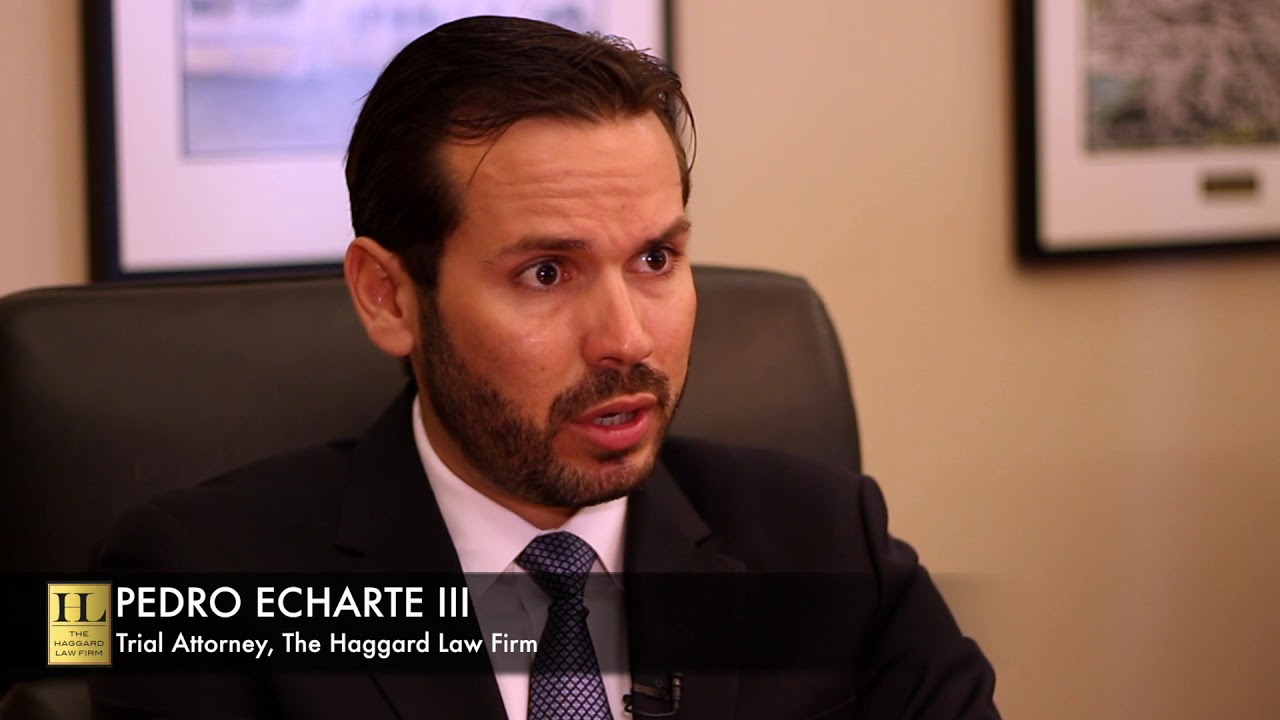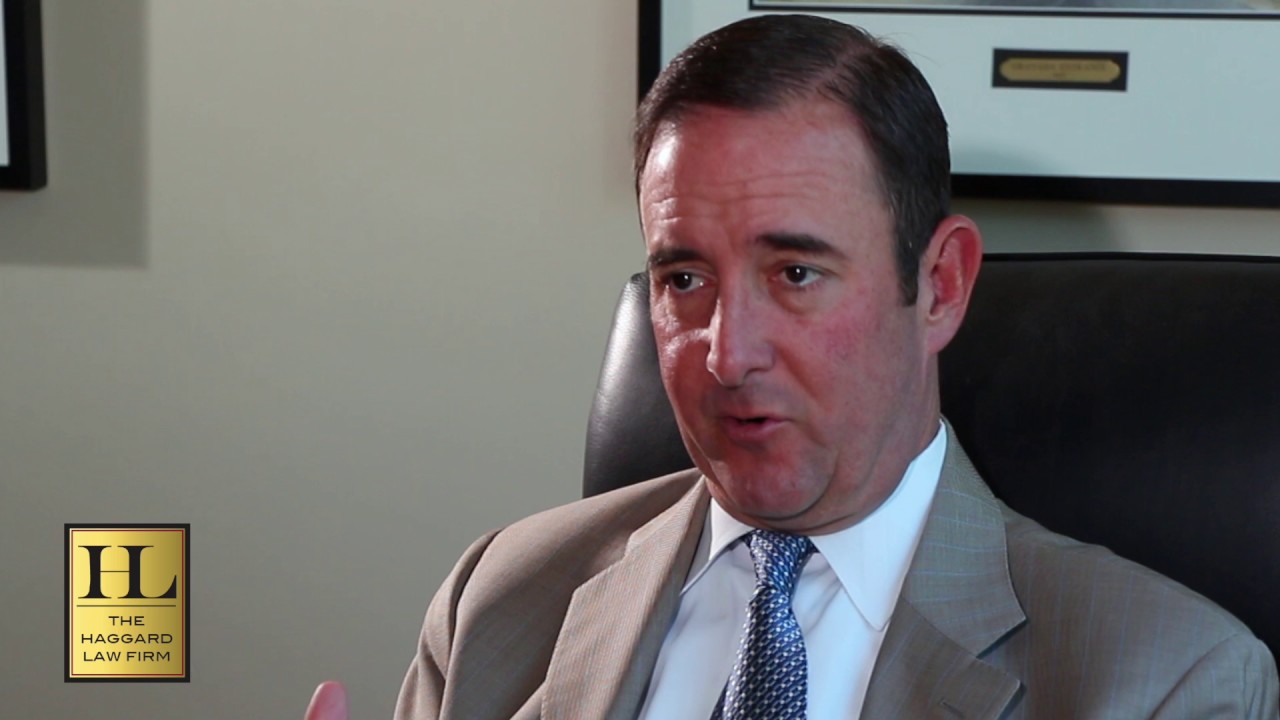
Medical Malpractice
Medical negligence or “malpractice” occurs when a physician or healthcare provider falls below the standard of care and either fails to do something that should have been done or does something that should not have been done with a resulting injury or death. Doctors and other healthcare providers must follow certain standards when caring for patients.
The firm has earned a statewide reputation for its experience in medical malpractice cases against physicians, hospitals and affiliated health care providers who have failed to render proper care. In addition to our legal team, the firm utilizes medical and scientific experts from across the country to assist us in providing quality representation to our clients in these complex cases.
The firm has earned a statewide reputation for its experience in medical malpractice cases against physicians, hospitals and affiliated health care providers who have failed to render proper care.
It is important not wait to contact an experienced medical malpractice attorney if you or a loved one are injured because of the negligence of a doctor, surgeon, nurse, etc. There is a statute of limitations on the amount of time you can file a medical malpractice lawsuit. In Florida, there is a two-year statute of limitations for a malpractice claim. That means you have two years, starting from the date of the injury, to file a medical malpractice lawsuit. If you don’t file within the time limit, you may be prevented from ever pursuing the justice and obtaining compensation.
Medical Malpractice Verdicts & Settlements
Following a four-day trial, that included only two hours of deliberation, a Broward County jury awarded $24.5 million to the family of Lilia Torres, a mother of four children who died due to avoidable complications during childbirth caused by a condition the medical team was aware of before the surgery.On July 21, 2015 Lilia Torres arrived at Premiere Perinatal Associates for a scheduled C-section which was delayed until the 22nd. During the procedure, she suffered massive blood loss due to a condition, placenta previa, which had been diagnosed months earlier and was managed throughout the pregnancy. A hysterectomy was performed due to the massive blood loss. The baby was delivered on July 22, but Lilia went into cardiac and pulmonary shock with severe hypoxia due to the blood loss. She was placed on a vent and began receiving blood cells and plasma. She returned to the operating room for exploratory surgery and passed away on July 22nd, 2015 resulting from the hemorrhagic shock and multi-organ failure. She left behind her husband Rodolfo and four minor children, three girls and one boy. Lilia was the caretaker of her entire family.Haggard Law firm Trial Lawyer Todd Michaels tried the case with attorney Danny Harwin.
Following a four-day trial, a federal court jury in Miami delivered a $4.8 million verdict against Royal Caribbean Cruise Lines (RCCL) in the death of passenger Richard Puchalski.A cruise to Alaska in July of 2016 is how the Puchalski family chose to enjoy the 70th birthday of its patriarch Richard. But that celebration vacation aboard RCCLs’ Explorer of The Seas turned into a traumatic tragedy when Puchalski suffered a massive cardiac arrest. Haggard Law Firm trial lawyers Michael Haggard and Todd Michaels, joined by co-counsel Phil Parrish, argued to the jury that the massive cardiac event was the direct result of decisions made by RCCL‘s shipboard doctor, Dr. Amanda Sanders. Puchalski went to the ship’s infirmary in the midst of a serious, but treatable cardiac incident. Michaels and Haggard explained to the jury that Dr. Sanders made three errors which turned the incident fatal: she failed to immediately send the grandfather to a facility that could handle the cardiac condition, she released Puchalski to his room while he was in the cardiac crisis, and she prescribed a medication which contradicted the condition she properly diagnosed. That medication led him into cardiac shock which ultimately killed him.
While being treated for a heart condition and high cholesterol, Mr. Newman’s drug regimen was modified to include two drugs which were specifically contradicted by the drug manufacturer. Soon after he began taking both medications he was seen by one of his physicians and complained of the classic symptoms associated with the combined use of the drugs and was ultimately hospitalized. None of Mr. Newman’s physicians recognized this drug error and failed to discontinue use of the medications or order the necessary diagnostic tests to make the correct diagnosis. The plaintiff suffered multiple organ failure and died.
Failure to diagnose Arterial Venous Malfunction (AVM) rendering the 20-year-old plaintiff paraplegic.
Haggard Law Firm’s Pedro Echarte’ sister was a Medical Malpractice victim

The Importance of Contacting a Personal Injury Lawyer if Injured by a Medical Professional











